What is a panic attack?
There’s a big difference between feeling nervous and having a full-blown panic attack. “A panic attack is a sudden state of intense fear or panic that often appears to come out of the blue,” explains Oklahoma City-based therapist Thai-An Truong, LPC. She says that the symptoms will peak in minutes. Most people will not feel the exhaustion and residual effects for hours afterward. According to the National Institute of Mental Health, the most common physical symptoms of a panic attack are a pounding or racing heart, sweating, chills, trembling, breathing problems, weakness or dizziness, tingly or numb hands, chest pain, stomach pain, and nausea.
The hallmark of panic is the attack itself, which is very short in the case of true panic disorder, and fear or worry about panic attacks occurring, to the degree that it interferes with the person living their life.
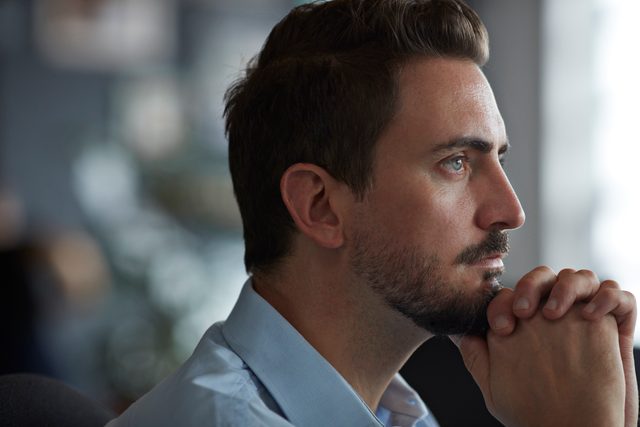
How does a panic attack start?
Panic attacks are more common in women, and may also have a genetic link, says Kathryn Moore, PhD, a psychologist at Providence Saint John’s Health Center in Santa Monica, California. Repeated panic attacks are diagnosed as panic disorder if they also cause worry about the panic attacks occurring, to the extent that that worry interferes with the ability to live life. This anxiety disorder stems from anxiety and fear that is often linked to uncertainty about something in the future, says James Marrugo, PhD, a psychotherapist in Broomfield, Colorado, who specializes in anxiety disorders, including panic attacks. The fear that is driving the anxiety and sense of panic will be different for each person, so it’s very important to identify your personal panic attack triggers, he says. By cutting out some of these habits—with the help of a therapist if necessary—you may notice a difference in your overall anxiety levels. (Learn to recognize the 10 clear signs of a panic attack.)
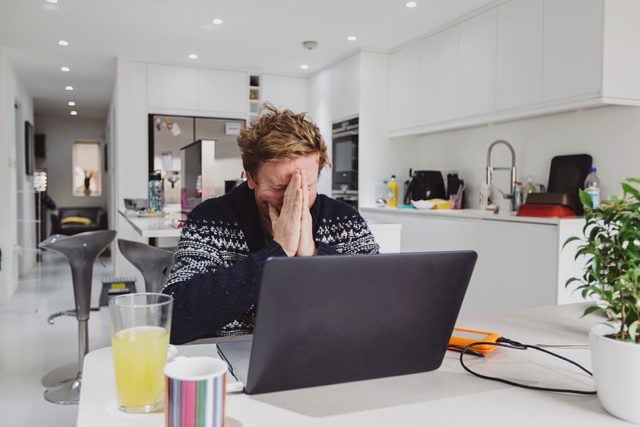
Magnification
Magnification—turning an event into something more serious than it is—can lead you to believe something that happens is “the end of the world,” or something that you “won’t survive.” “You may even interpret a moment of stress as you’re ‘going crazy,'” says Truong. People with phobias may tell themselves that the source of their fear will kill or severely harm them. (By the way, panic attacks can actually be a symptom of ADHD, too.)
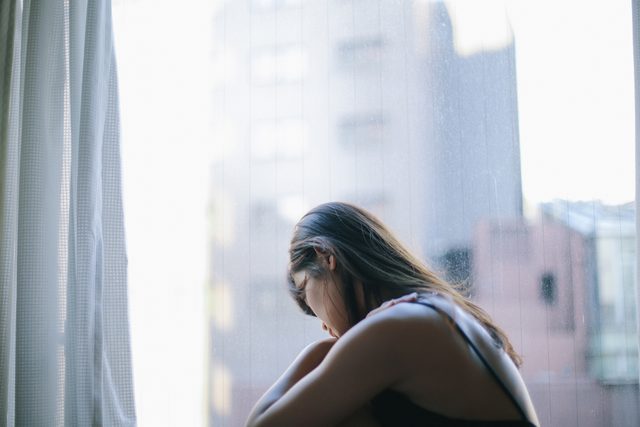
Hyperventilating
Breathing quickly and shallowly—called hyperventilating—is one of the top symptoms of a panic attack but it also can trigger a panic attack by telling your body that something is wrong. This can quickly become a vicious cycle between your body and your mind, Dr. Marrugo says. “Diaphragmatic breathing does well to control breathing and fight stress, stopping a panic attack in its tracks,” he says. “Breathe in through the nose for four seconds, exhale through the mouth for six seconds, pause for two seconds. Repeat the cycle a minimum of 3 times.” This breathing should help you start to feel better. Panic attacks usually have intense symptoms for 10 minutes or less, then feelings begin to ease up, according to the Anxiety and Depression Association of America.
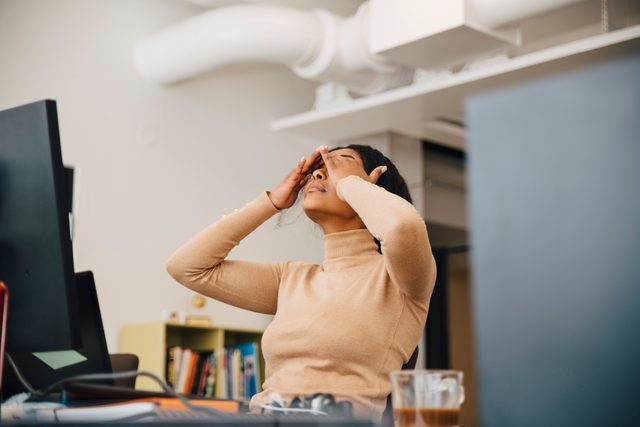
Catastrophizing
Catastrophic misinterpretations of events or physical sensations can become panic attack triggers, Dr. Marrugo says. “Many people with anxiety cannot distinguish between what is possible and what is probable,” he explains. “Just because something is possible does not mean it is likely to happen, yet your mind jumps to the the worst possibility.” You feel a heart palpitation and think you are having a heart attack or you may not hear from a loved one for a while and assume they died in a car accident, for example. It can be helpful to imagine (alongside the worst possible outcome) the best possible outcome and to ask yourself if one is really any more likely than the other. Here are some ways to calm down during a panic attack.
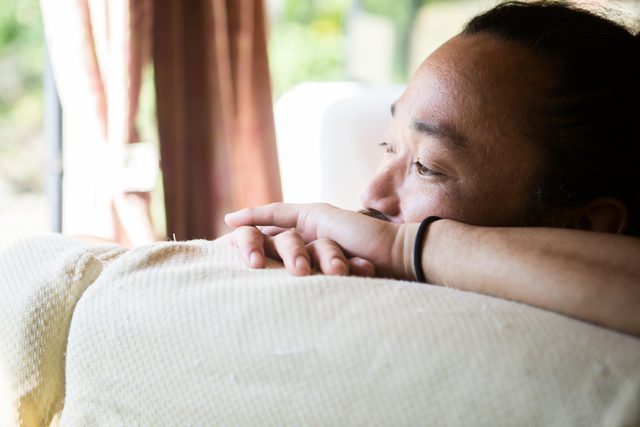
Stress
Panic attacks can sometimes feel like they come out of absolutely nowhere but anything that is stressful has the possibility of triggering one, Dr. Moore says. A major, stressful event—like a wedding or a meeting with your boss—can trigger one, but so can cumulative stress that builds up over time, she says. Here’s what to do if you get a panic attack at night.
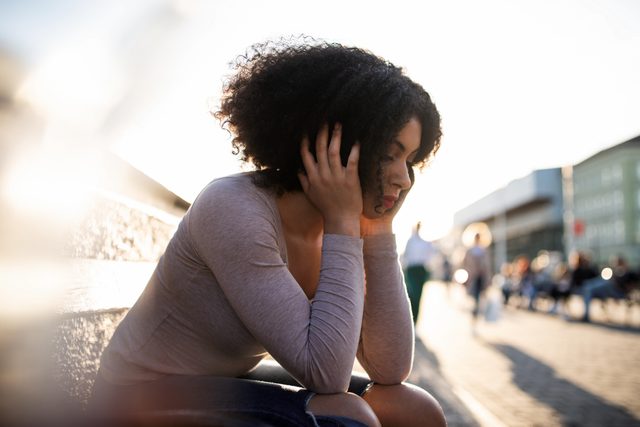
Fear of having a panic attack
One of the cruelest ironies of panic attacks is that they can be self-reinforcing, becoming a pattern over time, Dr. Moore says. If you are afraid of having another panic attack—and who wouldn’t be?—the stress of trying to avoid a panic attack can actually bring one on, she says.
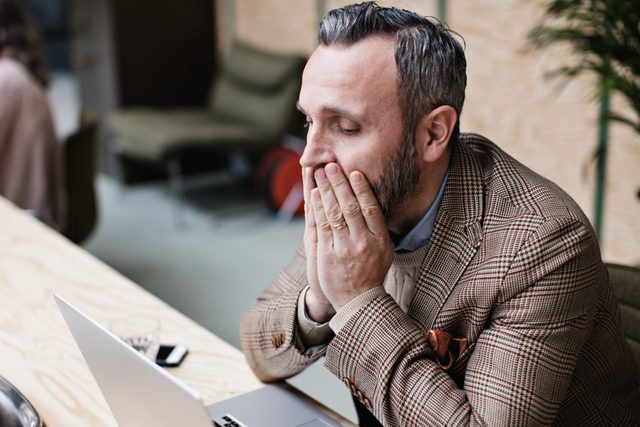
Jumping to conclusions
Jumping to conclusions can be bad for your anxiety levels in different ways, explains Truong. You may engage in fortune telling (predicting a negative future) or mind-reading (predicting others as viewing you negatively). For example, you might tell yourself on your way to an interview that you’ll fail and everyone will dislike you.

Emotional reasoning
Emotional reasoning is reaching the conclusion that your emotional response proves something is true, regardless of the facts or evidence, Dr. Moore says. “Just because you feel something, doesn’t mean it’s true,” she says. For example, you feel guilty about something, so you conclude you must be guilty—even though there’s absolutely no evidence that you have done anything wrong. (Find out how tactical breathing can help you calm down from a panic attack.)
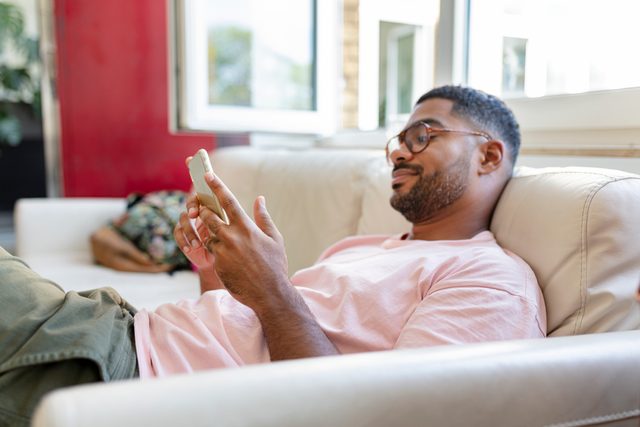
Spending too much time on social media
Social media can be a great way to stay in touch with loved ones but the more you’re on it, the more likely you are to experience negative feelings—including depression and anxiety—from viewing it, according to a study published in the American Journal of Health and Behavior. Anxiety, either from comparing yourself to others or worrying about things you see online, can trigger a panic attack, Dr. Marrugo says.
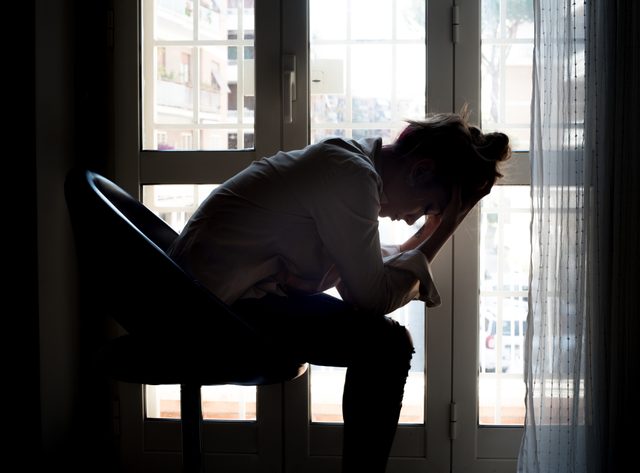
Overthinking
Over-analyzing or overthinking a situation leads to anxiety which can trigger a panic attack, Dr. Moore says. This is especially true if it leads you to predict a negative future event or to believe others see you in a negative light. For example, you might think about every word said on a first date until you’ve convinced yourself that the other person dislikes you and everything you said was a mistake. (Here are 11 simple habits to help stop yourself from overthinking everything.)
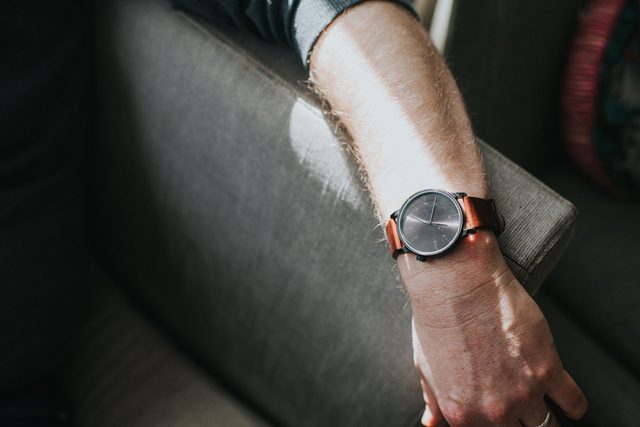
Procrastinating
Although procrastination can relieve some anxiety in the short term, it can become addictive, explains Truong, and pave the way for an attack. If you’re putting off something you don’t want to do for a more pleasurable pursuit, you’ll feel better in the short run, says Truong. “But the long-term consequences can lead to panic if it’s creating a catastrophic thought process like ‘now I’ll flunk out of school or I’ll fail or I’ll lose my job,’ etc.”

Large groups
The fear of being in large crowds of people, or agoraphobia, is a well-known trigger for panic attacks in people with the disorder. In fact, it is so common it even has its own classification as a mental illness: agoraphobia panic disorder. It can also work the opposite way, with a person becoming afraid of going to places where they’ve previously had panic attacks, according to a study published in BioPsychoSocial Medicine. Find out if Covid-19 is giving you agoraphobia.
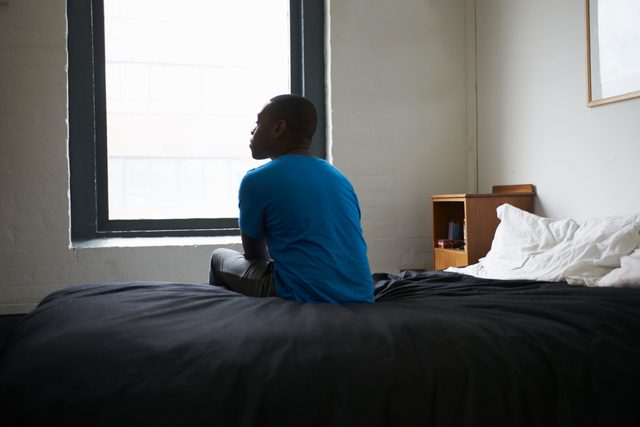
Spending too much time alone
A little alone time can be good for some people with anxiety but too much time alone—especially if leads to feelings of isolation—can trigger a panic attack, Dr. Marrugo says. “Everyone needs someone to talk to that they trust, avoid fighting the panic alone,” he says. There are ways to connect through technology without being physically present with another person. (Find out the 14 things people with anxiety will understand.)
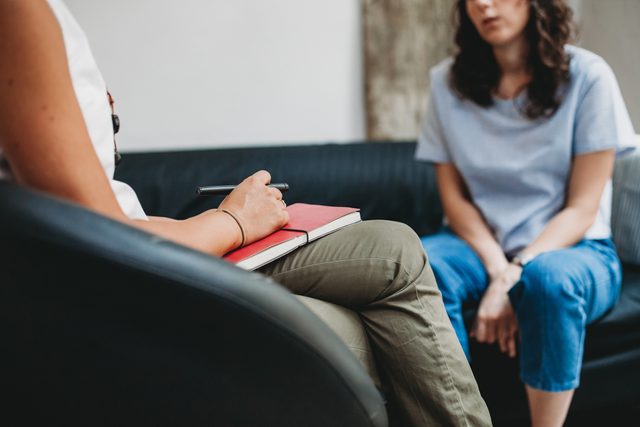
Getting help
Whatever the cause of your panic attacks, it’s important to get treatment as they can worsen over time and become debilitating, Dr. Moore says. Therapy can assist you in identifying your panic attack triggers and a type of therapeutic treatment, called cognitive behavioral therapy, has been shown to be particularly effective in treating anxiety disorders, including panic attacks. This type of therapy teaches you to identify and replace the thoughts triggering your panic attacks. For the best results, look for a therapist specifically trained in CBT and anxiety disorders, Dr. Marrugo says. Next, learn the 10 tips for managing anxiety and panic disorder.
